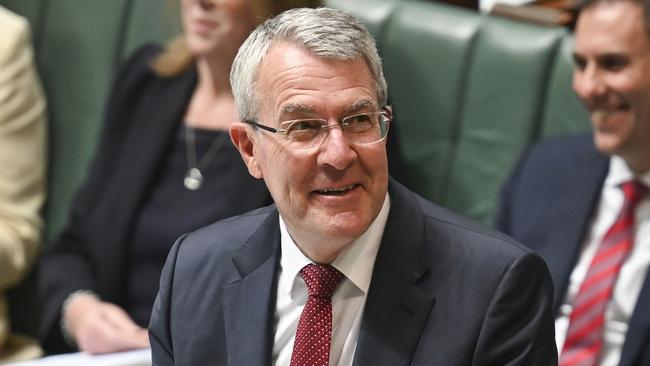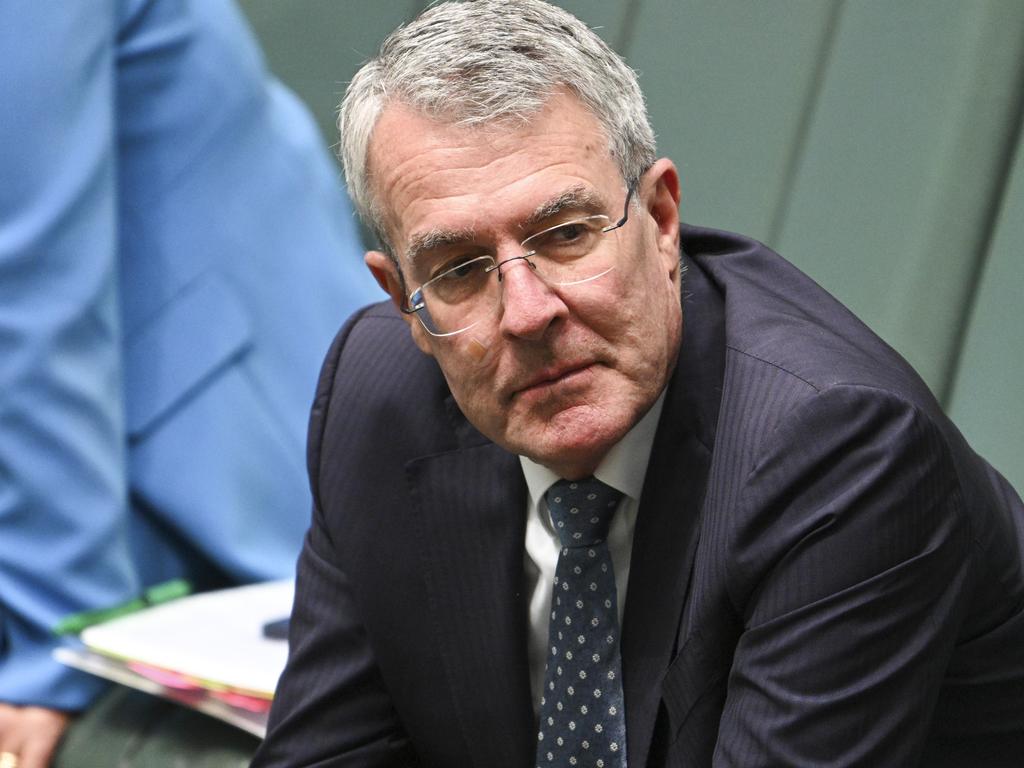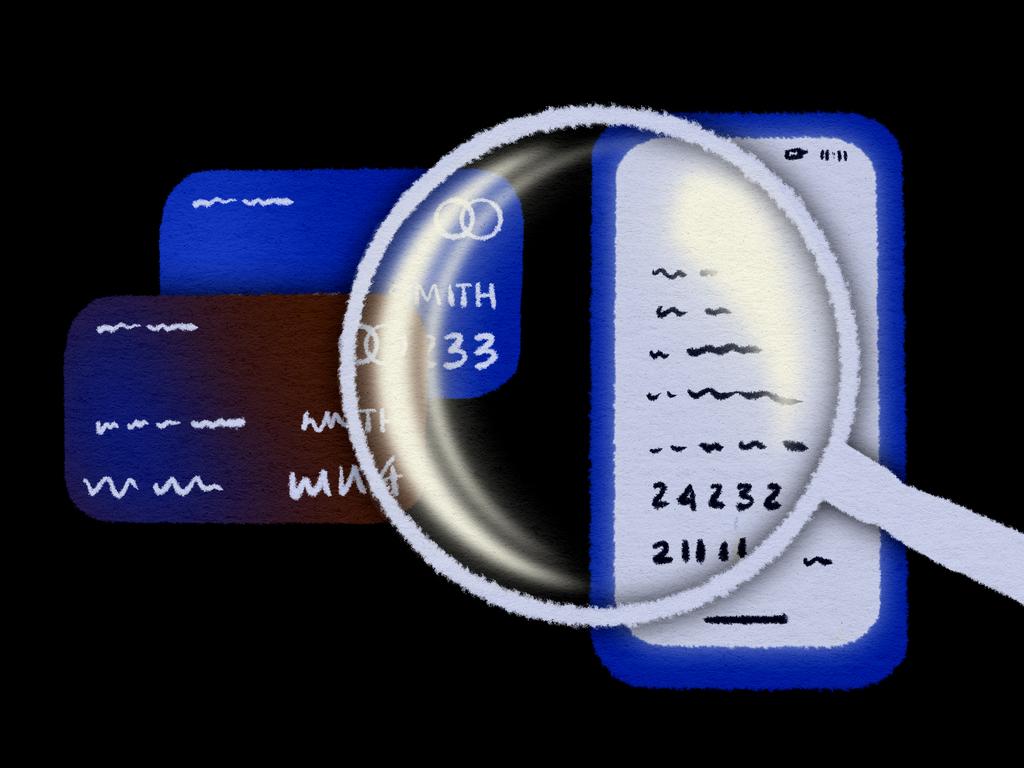Doxxing to be punishable by six years prison under new privacy laws
The Albanese government will introduce legislation to amend privacy laws on Thursday. The long-awaited reform also envisions a statutory tort for ‘serious invasions of privacy’.

Doxxing will be outlawed and victims of “serious invasions of privacy” will be able to seek compensation through the courts under new reforms proposed by the Albanese government.
The bill, to be introduced on Thursday, would implement the first tranche of accepted recommendations from the Privacy Act Review, which was delivered to government in 2022.
Attorney-General Mark Dreyfus said the laws, if passed, would impose a maximum six years of imprisonment for the malicious use of personal data.
The bill also envisions a more serious seven years maximum imprisonment where a person or group is targeted by doxxing – malicious publication of private information – because of their race, religion, sex, sexual orientation, gender identity, intersex status, disability, nationality, or national or ethnic origin.
“Strong privacy laws are essential to Australians’ trust and confidence in the digital economy and digital services provided by governments and industry,” a statement from Mr Dreyfus’s office read.
“Australians have a right to have their privacy respected, and when they are asked to hand over their personal data they have a right to expect that it will be protected.”
Beyond the criminalisation of doxxing, reforms include a new statutory tort to address serious invasions of privacy; $3m for the Office of the Australian Information Commissioner to develop a children’s online privacy code; greater transparency for individuals affected by automated decision making; enhanced enforcement powers for the OAIC; and streamlined information sharing in emergency situations or a large data breach.
The government’s review response last year said the statutory tort for “serious invasions of privacy” would provide an individual with recourse through the courts if they had been victim to an invasion of privacy that is a “serious intrusion” or a “serious misuse of private information”.
“For example, an individual taking a video of a person where they had a reasonable expectation (such as in a public bathroom) or an employee misusing sensitive facts about another employee obtained by virtue of their position,” the 2023 government response reads.
The doxxing crackdown was fast-tracked after pro-Palestine activists leaked the details of more than 600 Jewish creatives from a WhatsApp group.
Mr Dreyfus’s office flagged future laws, saying this bill would be “just the first stage of the government’s commitment to provide individuals with greater control over their personal information”.







To join the conversation, please log in. Don't have an account? Register
Join the conversation, you are commenting as Logout